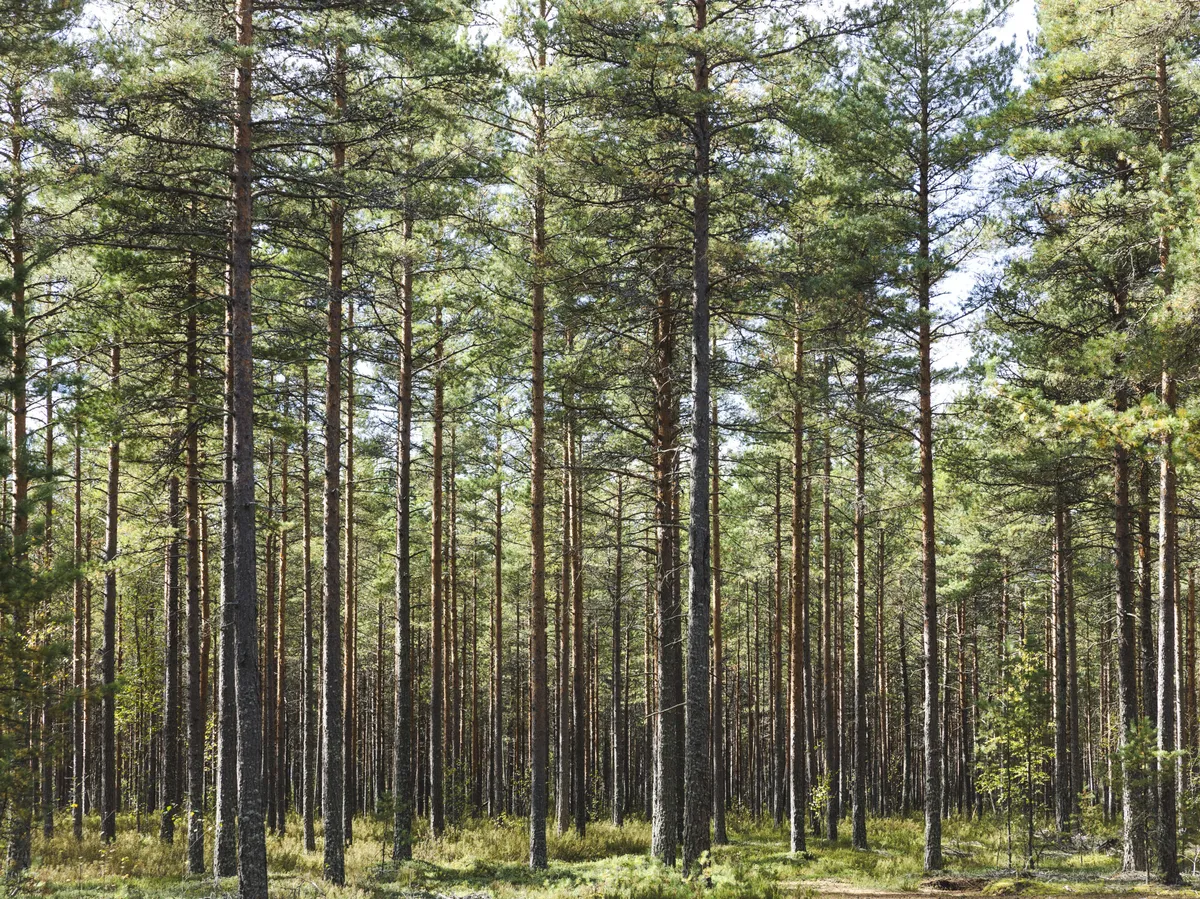The EU Commission proposes that the implementation of the Union’s deforestation regulation be postponed by a year. Large companies will get additional time until the end of 2025, and small and micro companies until the end of June 2026.
The implementation of the controversial deforestation decree was originally supposed to start in less than three months, on December 30.
The EU drew up its plan to curb global deforestation three years ago, when more than 100 world leaders committed at the Glasgow Climate Summit in 2021 to significantly reduce global deforestation.
The purpose of the EU was to ensure that the products bought and consumed in the EU do not worsen deforestation and do not weaken the state of forests in the world. The regulation applies to soy, oil palm, coffee, cocoa, rubber, cattle and wood, as well as products containing them or made from them.
According to the report made by the Natural Resources Agency in Finland, the claims of the regulation apply to 17 percent of Finland’s goods exports, i.e. a 13.4 billion euro part of Finland’s exports. Globally, trade of more than one hundred billion euros is coming under the scope of the regulation.
The purpose of the forest cover regulation is, in principle, very worthwhile. The problem was the aggressive schedule and the complexity of the demanding regulation and the implementation related to the interpretation of the regulation. In Finnish, the confusing regulation is difficult to implement.
Last March, the majority of EU countries would have been ready to postpone the implementation of the regulation. The Commission was not enthusiastic about the changes at the time.
In recent weeks, the decree received strong criticism from, among others, the German Chancellor Olaf Scholzilta and from the President of the World Trade Organization, WTO Ngozi Okonjo-Iwealalta. The message was consistent. The implementation of the regulation must be clarified and slowed down.
The member states were already waiting for the Commission’s implementation guidelines a year ago in the fall, but it was only received last week in the same connection with the postponement motion.
It is unclear, for example, how much forest can be taken in the future, for example, for agricultural or construction use without it being interpreted as causing deforestation. This put barn investments on hold in Finland, for example. Now we are getting a reasonable clarification on that.
A hot question is also which countries are classified as low-risk in terms of deforestation and therefore subject to less regulation.
A hot question is also which countries are classified as low-risk in terms of deforestation and therefore subject to less regulation. According to the commission’s preliminary classification work principles, most of the world’s countries will probably be classified as low-risk.
What about preparing for the setting? According to the assessment of the Finnish food industry, trade and MTK, companies need 12–18 months additional time to meet the technical requirements of the regulation after receiving the instructions. The Commission’s proposal on the transfer of enforcement is a response to the wishes of companies.
The new EU Parliament and Council are not expected to oppose the Commission’s proposal.
